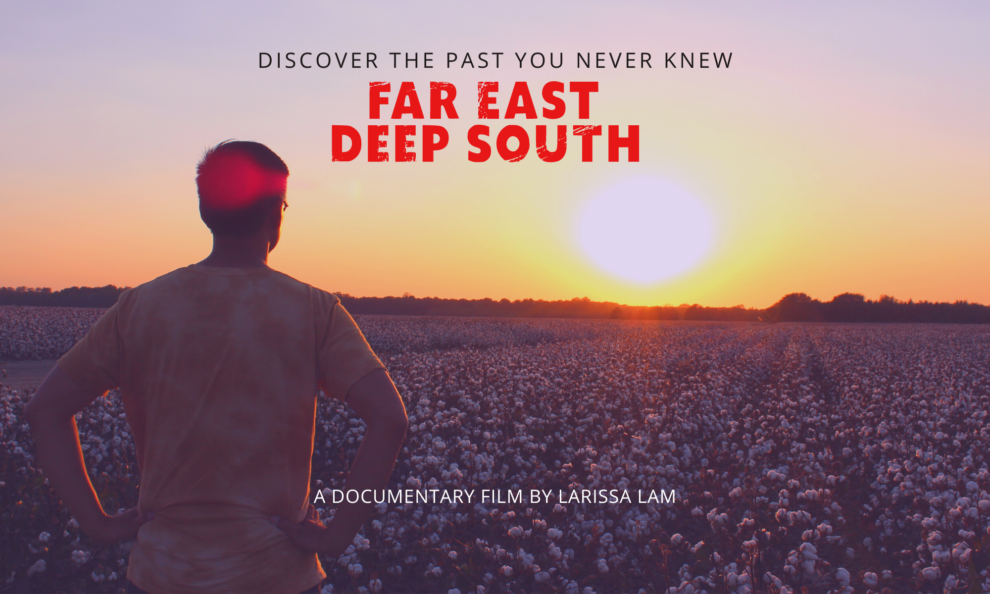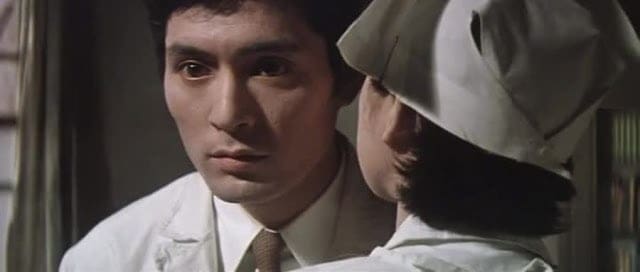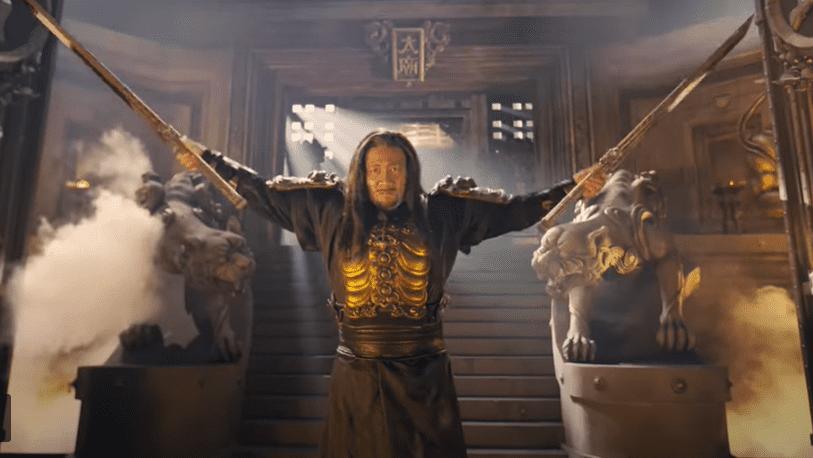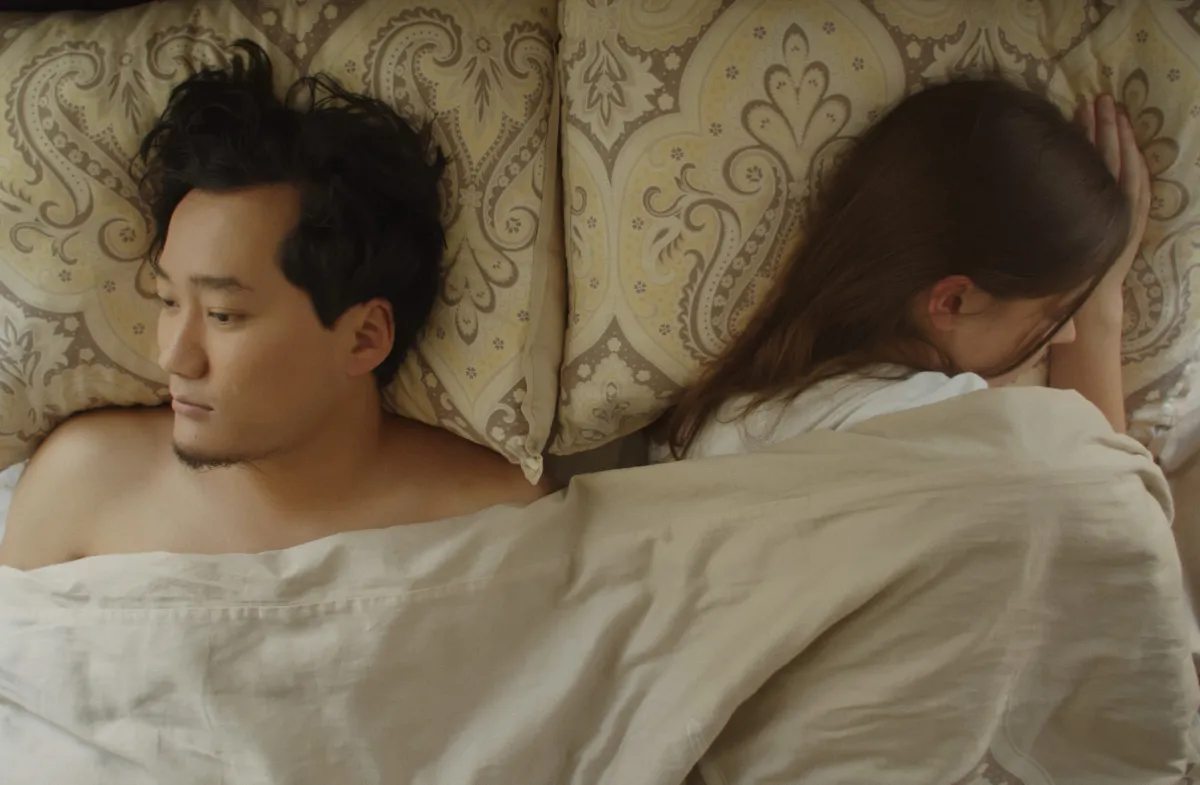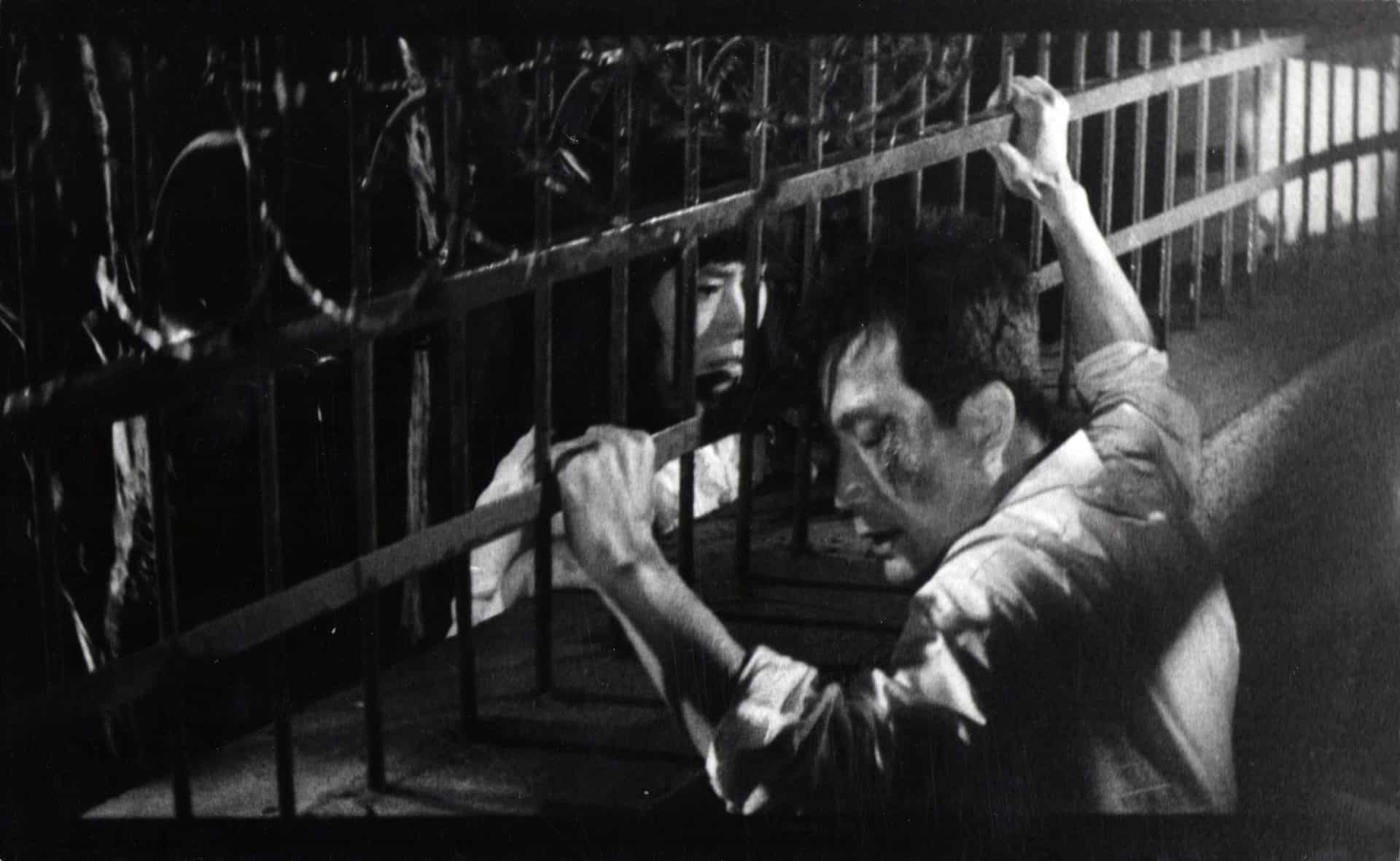From “Joy Luck Club” to “Fresh Off the Boat” to Awkwafina-starring “The Farewell,” Chinese-American diaspora narratives have progressively gained traction over the last few years. “Far East Down South” – featured as a part of CAAMFEST Forward's 2020 programme – shows the potential to situate itself within this lineage of multigenerational Asian-American experience. Unlike its predecessors though, Larissa Lam's feature takes a deeply personal angle — but perhaps this angle is too personal, since it estranges more than it connects.
“Far East Deep South” screened at CAAMFest Forward

“Far East Deep South” runs on a simple premise: the SF-based Chiu family decides to take a road trip to find his ancestors' first stop in America: in Pace, Mississippi. On the way, they dig up more information related to Chinese-American settlements in this locale. Tears are shed and hugs are shared as the family retraces their ancestors' footsteps across America. Whence realizing their family's complicated migratory patterns, the family finally resorts to the books in San Francisco to recover their lost family history.
Overall, “Far East Deep South” inspires a more philosophical question: What makes a film a film? Upon viewing, one would think that a film is merely a collection of footage on a FinalCut file. “Far East Deep South” is more of a feature-length Youtube video than it is a film. The family photographs are sloppily thrown up and set aside in a cheap software transition; the labels all in a glaringly generic sans-serif font. Let's not even mention the over-the-top soundtrack, which is obnoxious to boot — including tracks like “American-Born Chinese” to kick off the film.
This isn't to say this sort of home video is bad per say; it just feels like a self-serving passion project. In other words, it makes you wonder why — unless you are watching this for an academic context — you should care.
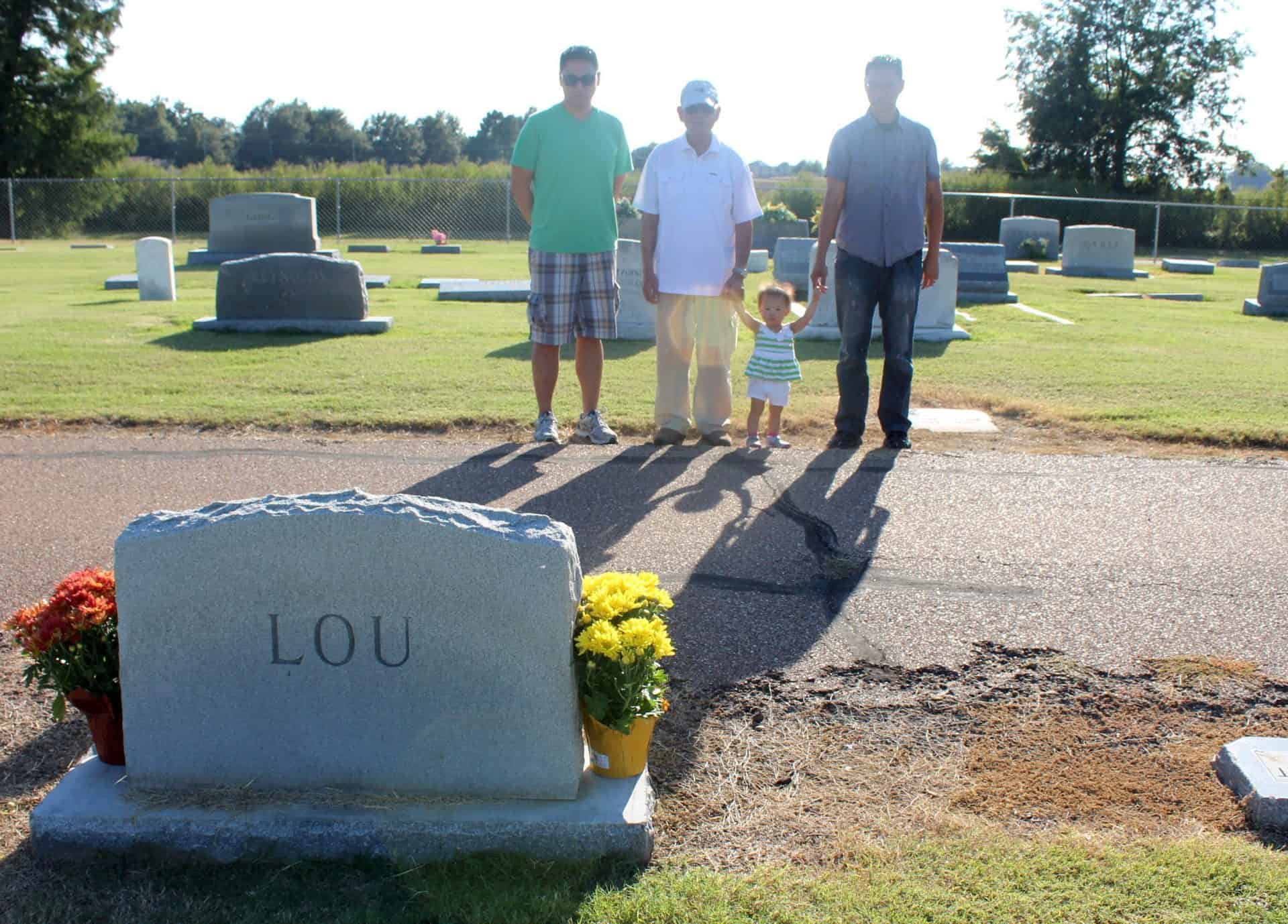
There is a merit in this PBS documentary style though, since the film – particularly towards the second part – attempts to paint a larger picture of Chinese-American, and in particular, Chinese-American-Black communities in the turn of the 20th century. Interestingly, they paint a picture not of solidarity, but of co-existence. Locals recall sharecropping methods, and modes in which – surprise surprise – people of color were segregated in the deep South. Embedded within interviews of Pace locals and a sheen of historical commentary, therein lies a gem of age-old solidarity.
The picture is muddied however, through a self-pitying lens. The anecdotal evidence is still largely saccharine. The timelines are muddled and the interviewees are cited in disjointed soundbites. This, in addition to Baldwin Chiu's own shallow recitations of modern-day microaggressions — such as being poked at for karate, chasing after basketball and hip-hop, leading to his own self-effacing white-washing. There's actually an enlightening scene where Baldwin asks his father, “Why didn't you ever tell us about our history?” And the father replies, “Well, you just weren't interested.” And that is precisely “Far East Deep South”‘s problem. Aside from the grandfather figure – who is infinitely the most interesting character for his emotional turmoil over rediscovering his absent father's life. The film feels less of a historical documentary than it does of Baldwin's personal reckoning with the roots of his own family's past – one that he has been largely sheltered from for his much of his life.
Nonetheless, it is heartwarming to see Baldwin confronted with the fraught history of his grandparents', ranging from the Chinese Exclusion Act to the new Jim Crow. By exploring this multigenerational narrative, Lam's picture sheds light on the bigger picture of Asian immigration beyond the coasts. This father-to-son(-to-great-grandfather?) epic spans continents and oceans, ultimately revealing that there is more than what first meets the eye. Though “Far East Deep South” does not hold any intrinsic cinematic value, it is sure to be a notable example of the intricacies of modern-day diaspora narratives.


